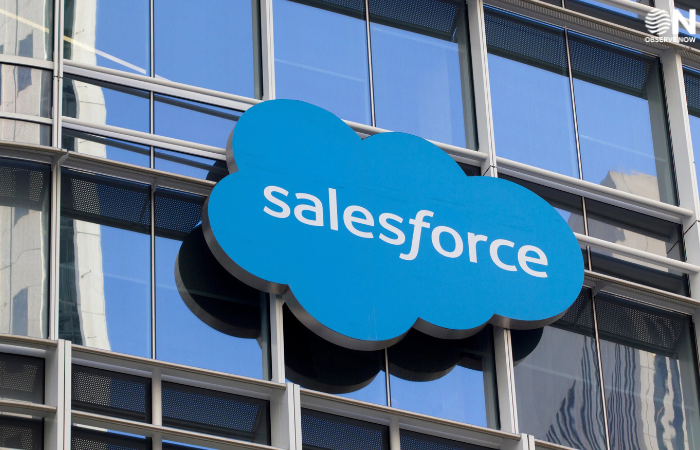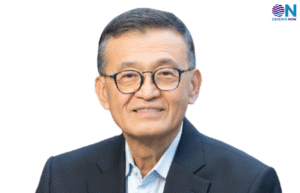Salesforce CEO Marc Benioff Rejects Fears That AI Will Eliminate White‑Collar Jobs

At the 2025 AI for Good Global Summit, Salesforce CEO Marc Benioff emphatically rejected widespread narratives forecasting mass layoffs of white-collar workers due to artificial intelligence. He framed AI as a force for radical workforce augmentation rather than displacement, urging a shift away from “alarmist” predictions that, in his view, misrepresent how enterprises like Salesforce are using AI.
Benioff contrasted his stance with that of other tech leaders such as Anthropic’s CEO Dario Amodei, who has anticipated the replacement of up to half of entry-level jobs within five years. Unlike these dystopian forecasts, Benioff has seen no evidence of customers downsizing staff due to AI, and he emphasized the need to move beyond fear-based assumptions.
Internally, Salesforce has paused hiring for engineers, lawyers, and customer service roles to allow AI tools to fully integrate and deliver productivity gains. In parallel, the company is expanding its sales team by 1,000–2,000 positions to support growing AI adoption among small and mid-sized businesses, which Benioff believes are poised for a surge due to AI-enabled capabilities. Many existing employees have been reskilled and transitioned into AI-centric roles, with more than half of recent hires coming from internal transfers.
Benioff further highlighted that AI now performs roughly 30% to 50% of Salesforce’s routine work, covering engineering, analytics, customer support, and marketing. He said this has allowed teams to focus on higher-value tasks while maintaining hiring flexibility in other strategic roles.
In alignment with this perspective, Salesforce’s response has been to prioritize “human+AI collaboration” by integrating Agentforce, its AI assistant platform launched in late 2024. Agentforce now handles a significant volume of support queries within the company, although human agents still manage a slightly higher share of customer interactions.
While acknowledging AI’s transformative impact, Benioff also emphasized its limitations—AI systems can hallucinate, lack true understanding of context, and require ongoing oversight and human editing to maintain quality. He warned that calling AI agents “workers” risks misleading perceptions and underestimating the unique value that human employees bring.
Benioff’s message reflects a broader leadership philosophy: under his watch, AI is seen as a tool to supplement human creativity, judgment, and empathy—not to replace them. He has called for intentional, values-driven deployment of AI, stressing that technology should enhance human connection and innovation rather than undermine it.
















